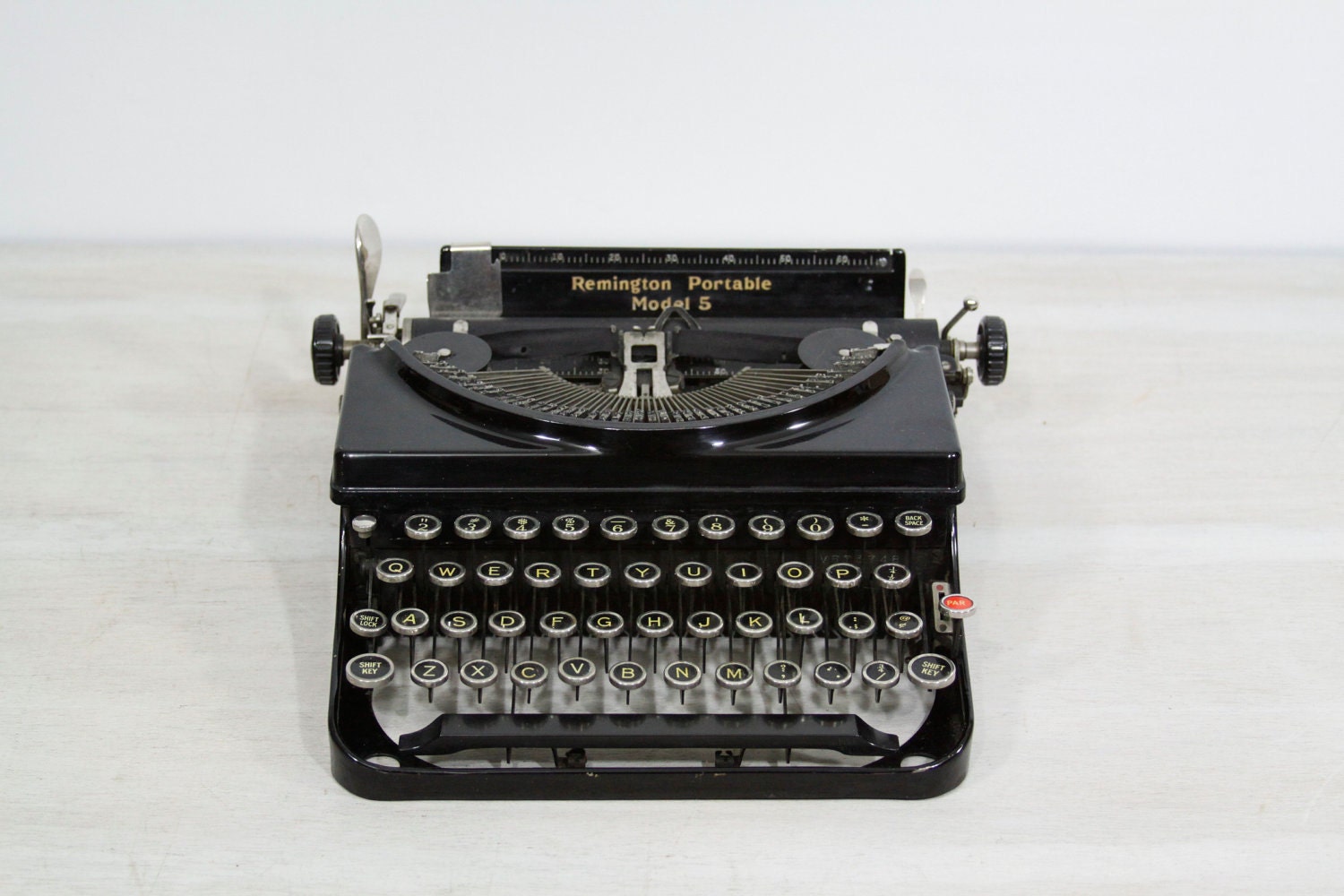The pride I feel arises out of the conversation that helped initiate The Diversionist. Gadi and I were emailing each other regarding a topic of mutual interest, when it occurred to me that his writing style, his passion and his worthwhile perspective were all qualities that should be focused into some kind of outlet.
The idea of outlets, for lack of a better term, has captured my attention as of late. As I told Gadi, "I strongly believe everyone needs as many outlets in their lives that energize them (creatively, physically, spiritually, etc.) as possible." I thought a blog would provide this for Gadi, so I suggested that he start one. I am honored that he took my suggestion to heart, and I'm psyched that he has provided a new diversion for us all in The Diversionist.
There are several sources for the importance that I ascribe to everyone finding energizing outlets in their lives. One is the concept of "flow" developed by Mihaly Csikszentmihalyi, which I read about here:
| Finding Flow, Mihaly Csikszentmihalyi |
Flow is the state that arises out of the moment when your skill meets an attainable challenge; when you're involved in something that so captures your focus, time seems to fly by without your noticing. This state energizes. How each of us can achieve flow is unique to ourselves, but everyone owes it to themselves to think about what they can do to produce it in their lives.
I think finding creative outlets is as important as a healthy diet and exercise. It is so common today for people to spend most of their time engaged in activities that suck energy from them. While this may be a necessity to get by, I think it's so important to find time for outlets, and as many as possible, be they creative, spiritual, meditative or physical.
Gadi has inspired me to take my own advice. I'm working on a new project that I'll be posting about shortly, as soon as it's ready. Stay tuned.
